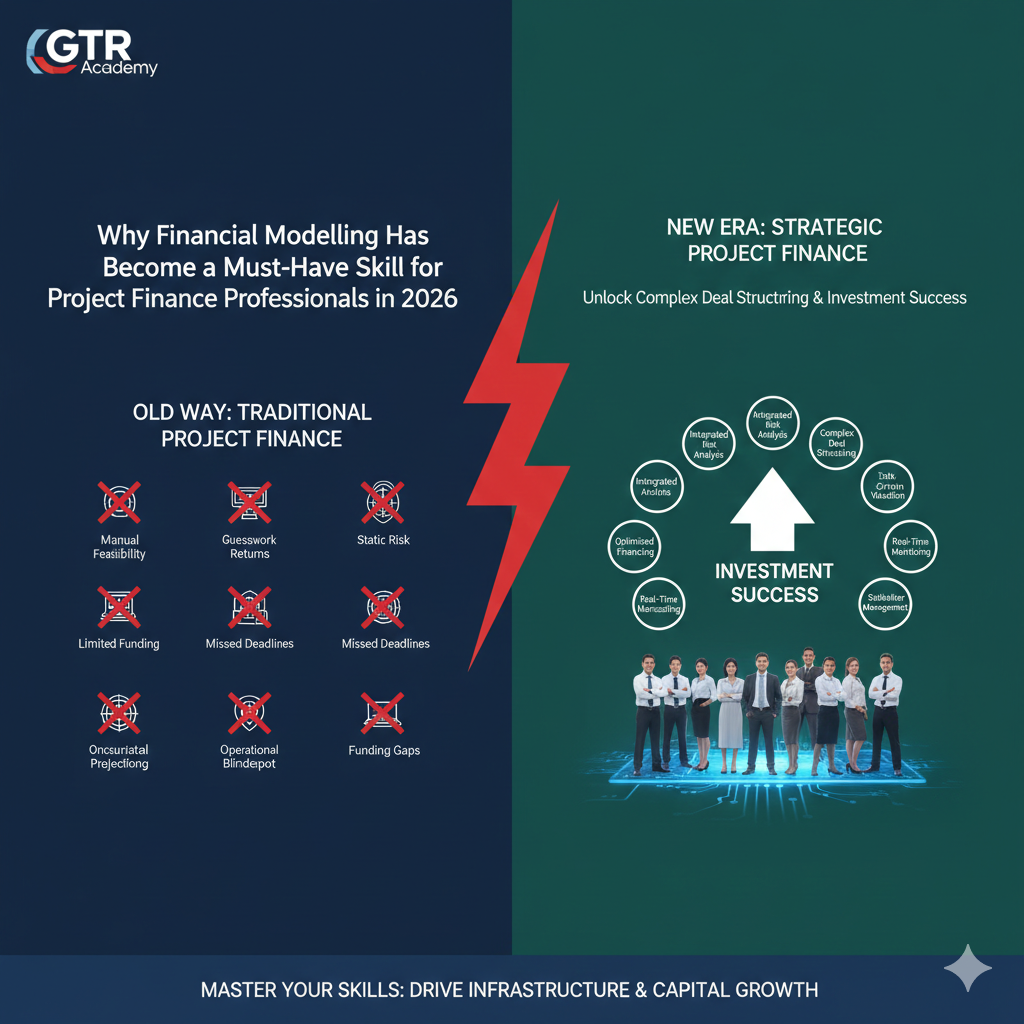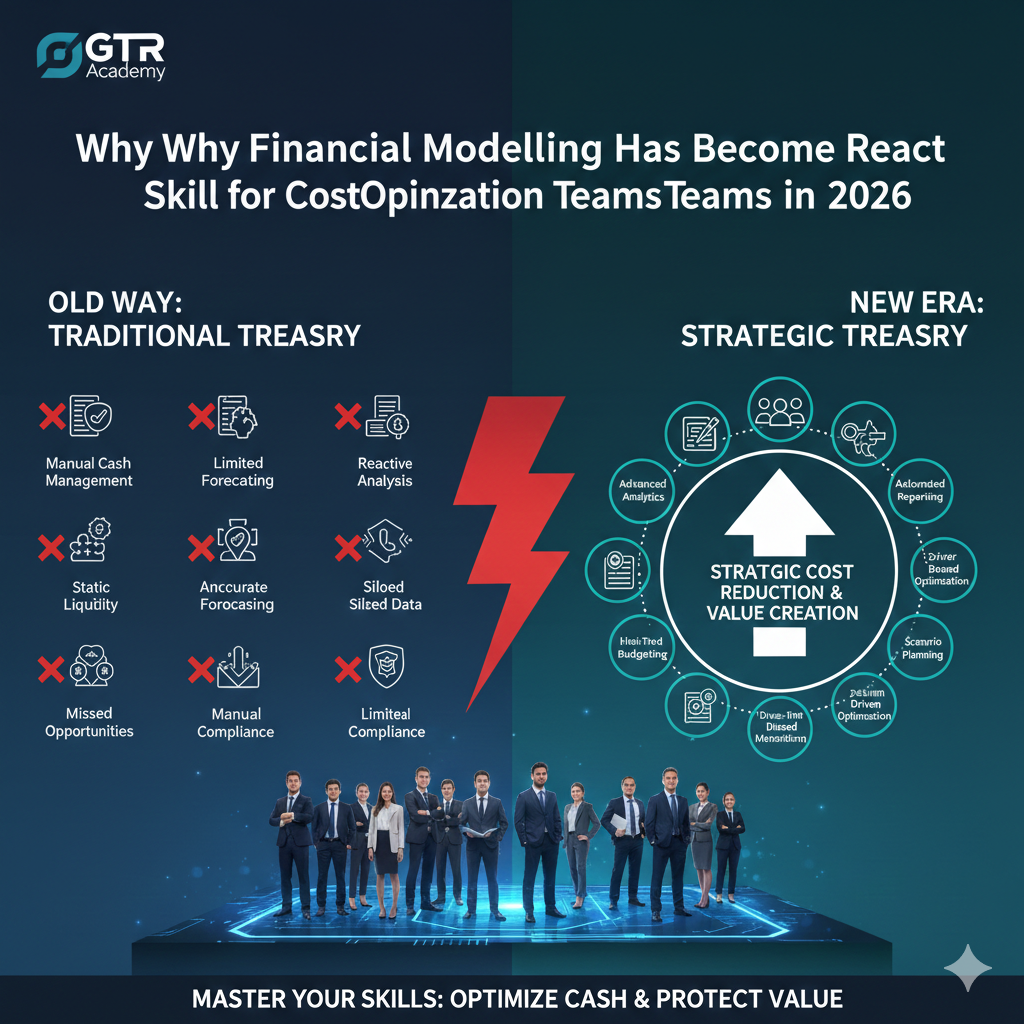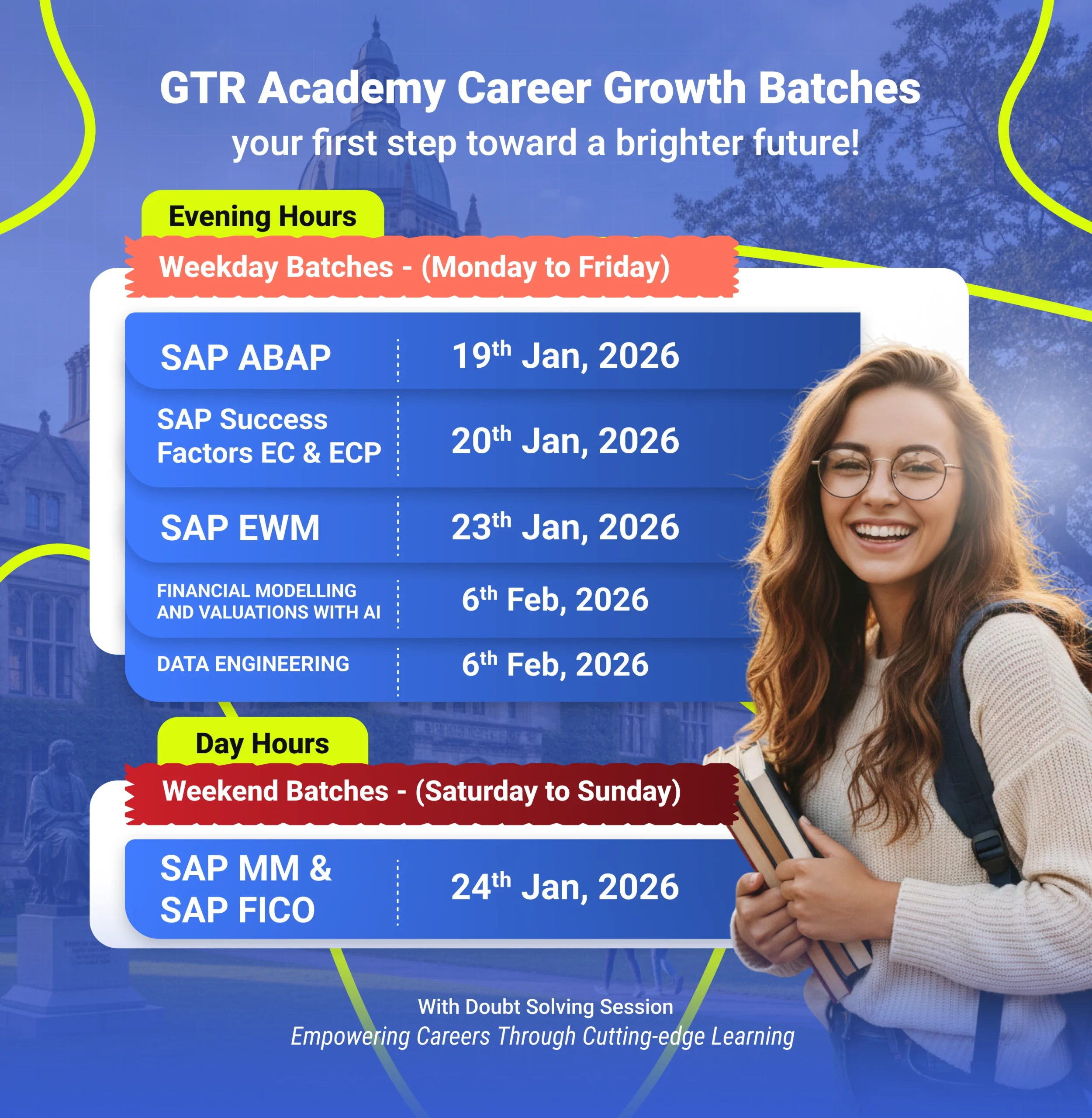In 2025, the world of technology is advancing at an unprecedented pace. As devices get smaller, faster, and more intelligent, the demand for innovative chip design is skyrocketing. This transformation positions VLSI (Very Large Scale Integration) as a central component in the electronics and semiconductor sectors. If you’re an aspiring engineer or an IT graduate wondering, “Is VLSI a good career in 2025?” — this guide is tailored for you.
From understanding its scope in India to comparing it with software engineering, we’ll explore every angle. Let’s decode whether VLSI is the right career choice for you and how institutes like GTR Academy can prepare you for success.

What is VLSI?
VLSI, or Very Large Scale Integration, refers to the technology that enables the fabrication of millions or even billions of transistors on a single semiconductor chip. Modern microchips serve as the backbone of countless technologies, from everyday mobile devices to advanced autonomous vehicles and space technology.
VLSI involves both hardware design and verification, making it one of the most complex and intellectually stimulating domains in electronics engineering.
Is VLSI a Good Career in India?
India is poised to become a major force in the global semiconductor market by 2025, with rapid advancements in its tech manufacturing sector. With government initiatives like the Semicon India Program and increasing investments in chip fabrication units (fabs), VLSI offers tremendous career potential for freshers and professionals alike.
Major Indian tech hubs, including Bangalore, Hyderabad, and Noida, have emerged as thriving centers for VLSI education and employment opportunities. Companies such as Intel, Qualcomm, AMD, and MediaTek are expanding their operations in India, offering a strong job market for skilled VLSI professionals.
Is VLSI a Good Career for Freshers?
Certainly, VLSI offers excellent career prospects for recent graduates with degrees in electronics, electrical engineering, or computer science. While the learning curve can be steep, entry-level roles in layout design, RTL design, and verification are in high demand.
Many freshers often ask: “Is VLSI tough?” Your ideal career path should align with both your skills and passions. While the domain is technical and requires precision, quality training from institutes like GTR Academy can make the transition easier. Their courses cover RTL to GDSII flow, tool proficiency, and real-time project experience.
Who Earns More: VLSI Engineer or Software Engineer?
The age-old question — who earns more, a VLSI engineer or a software engineer? Initially, software engineers may earn slightly more, particularly in top MNCs and startups. However, VLSI engineers catch up quickly due to niche skill sets and high demand.
Here’s a general outlook:
-
VLSI Engineer salary after 5 years can range from ₹12–25 LPA depending on skill, location, and company.
-
Product companies often offer better compensation than services firms.
-
Salaries for specialized VLSI roles (like physical design or verification engineers) often surpass mid-level software roles.
In short, VLSI is a financially rewarding career in the long term, especially with the right upskilling.
VLSI Future Scope in India (2025 and Beyond)
India’s VLSI industry stands at the threshold of unprecedented growth and opportunities. With the global chip shortage and India’s push for indigenous semiconductor manufacturing, VLSI professionals are in high demand.
Here’s why VLSI is a smart career choice:
-
Strong Government Support: Initiatives like the DLI Scheme and the PLI Scheme are boosting local design and manufacturing.
-
Make in India Mission: India aims to reduce dependence on chip imports, leading to more job creation.
-
Growing Ecosystem: Startups and MNCs are hiring VLSI talent for design, verification, and testing.
The 2025 VLSI job market shows strong demand across multiple specializations, including ASIC design, physical layout, and functional verification roles.
Is VLSI Tough?
It’s honest to say that VLSI can be challenging for those unfamiliar with electronics or low-level programming. However, this is also what makes it highly rewarding.
To succeed, you need:
-
A solid understanding of digital electronics.
-
Familiarity with Verilog, VHDL, and scripting languages.
-
Practical exposure to tools like Synopsys, Cadence, and Mentor Graphics.
Training from expert-led institutes like GTR Academy helps bridge the academic-industry gap. They offer structured programs that simplify complex concepts and provide hands-on experience.
What Do You Find Most Fascinating About VLSI Design?
What makes VLSI design truly fascinating is how microscopic changes affect real-world devices. You’re literally shaping how devices behave, consume power, and communicate.
Many engineers say that the joy of seeing your layout come to life as a chip that powers a smartphone or router is unmatched. VLSI is one of the few careers where you can combine creativity, problem-solving, and logic at a deep technical level.
How to Start Your VLSI Career in 2025?
If you’re serious about entering the VLSI field, here’s what you can do:
-
Core Competency Development: Establish expertise in fundamental areas, including digital circuit principles, CMOS technology, and hardware description languages.
-
Enroll in a Reputed Training Program: Choose a job-oriented institute like GTR Academy, which offers practical exposure, placement support, and real-world projects.
-
Work on Tools: Gain hands-on experience in tools used for synthesis, simulation, PnR, and DRC/LVS checks.
-
Build a Portfolio: Include RTL to GDSII flow projects in your resume.
-
Stay Updated: The semiconductor industry evolves quickly—stay updated with new nodes, formats, and standards.
Why Choose GTR Academy for VLSI Training?
GTR Academy stands out among India’s top VLSI training institutes for several reasons:
-
Industry-Relevant Curriculum: Covers RTL design, verification, STA, and physical design.
-
Experienced Mentors: Learn from professionals who have worked in top semiconductor companies.
-
Placement Assistance: Many students are placed in companies like Qualcomm, Intel, and NXP.
-
Flexible Learning Modes: Online, offline, and hybrid courses to suit your schedule.
-
Pay After Placement: Financially viable for freshers who want to invest in their careers without an upfront burden.
Whether you’re in Bangalore, Hyderabad, or Noida, GTR Academy offers India-wide access to top-tier VLSI education.
Final Thoughts: Is Choosing a VLSI Career the Right Move in 2025?
Without a doubt, VLSI is one of the best career choices in 2025, especially for those interested in the hardware side of technology. With India’s growing semiconductor ecosystem, rising global chip demand, and lucrative salary packages, it’s a field full of promise.
If you’re a fresher or an IT professional looking to switch domains, investing in VLSI training from a reputable institute like GTR Academy could be the smartest move of your career. The combination of technical depth, job stability, and innovation makes VLSI not just a good career but a great one.
Still wondering, “Is VLSI a good career?” By 2025 and in the years to follow, the clear and confident answer is yes.
Get trained, get certified, and step into the future of electronics and chip design. Let GTR Academy guide you on the path to becoming a successful VLSI engineer.
Visit- Very Large Scale Integration (VLSI)
I am a skilled content writer with 5 years of experience creating compelling, audience-focused content across digital platforms. My work blends creativity with strategic communication, helping brands build their voice and connect meaningfully with their readers. I specialize in writing SEO-friendly blogs, website copy, social media content, and long-form articles that are clear, engaging, and optimized for results.
Over the years, I’ve collaborated with diverse industries including technology, lifestyle, finance, education, and e-commerce adapting my writing style to meet each brand’s unique tone and goals. With strong research abilities, attention to detail, and a passion for storytelling, I consistently deliver high-quality content that informs, inspires, and drives engagement.







